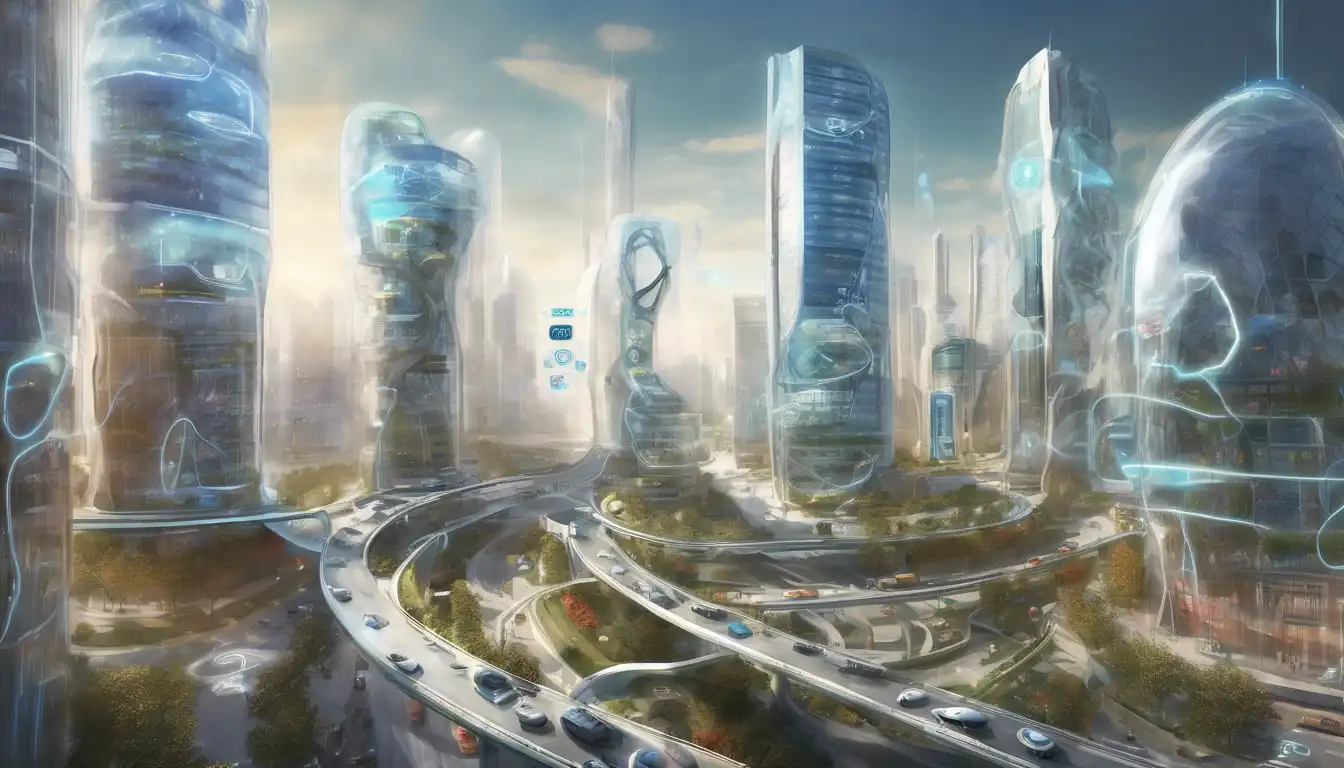The Role of IoT in Shaping Smart Cities
The Internet of Things (IoT) is revolutionizing the way we live, work, and interact with our urban environments. By connecting devices, sensors, and systems across cities, IoT is paving the way for smarter, more efficient, and sustainable urban living. This article delves into the transformative potential of IoT in smart cities, highlighting key applications, benefits, and challenges.
Key Applications of IoT in Smart Cities
IoT technology is being deployed in various sectors to enhance urban life. Some of the most impactful applications include:
- Smart Traffic Management: IoT-enabled sensors and cameras monitor traffic flow in real-time, reducing congestion and improving road safety.
- Energy Efficiency: Smart grids and meters optimize energy use, lowering costs and reducing carbon footprints.
- Waste Management: Sensors in trash bins signal when they are full, streamlining collection routes and schedules.
- Public Safety: Connected devices provide real-time data to emergency services, enhancing response times and outcomes.
Benefits of IoT in Urban Development
The integration of IoT into city infrastructure offers numerous advantages:
- Enhanced Quality of Life: From cleaner air to safer streets, IoT contributes to healthier, more livable cities.
- Economic Growth: Smart cities attract businesses and talent, fostering innovation and job creation.
- Sustainability: IoT solutions help cities reduce waste, conserve resources, and combat climate change.
Challenges and Considerations
Despite its potential, the widespread adoption of IoT in smart cities faces several hurdles:
- Privacy and Security: The collection and analysis of vast amounts of data raise concerns about individual privacy and data security.
- Infrastructure Costs: Upgrading city infrastructure to support IoT requires significant investment.
- Interoperability: Ensuring that diverse IoT devices and systems can communicate seamlessly is a complex challenge.
Looking Ahead: The Future of IoT in Smart Cities
As technology advances, the possibilities for IoT in smart cities are boundless. Future developments may include more autonomous systems, advanced AI integration, and greater citizen engagement through IoT platforms. The journey toward fully realized smart cities is ongoing, but the potential for positive change is immense.
For more insights into how technology is transforming urban spaces, explore our articles on urban innovation and sustainable cities.
